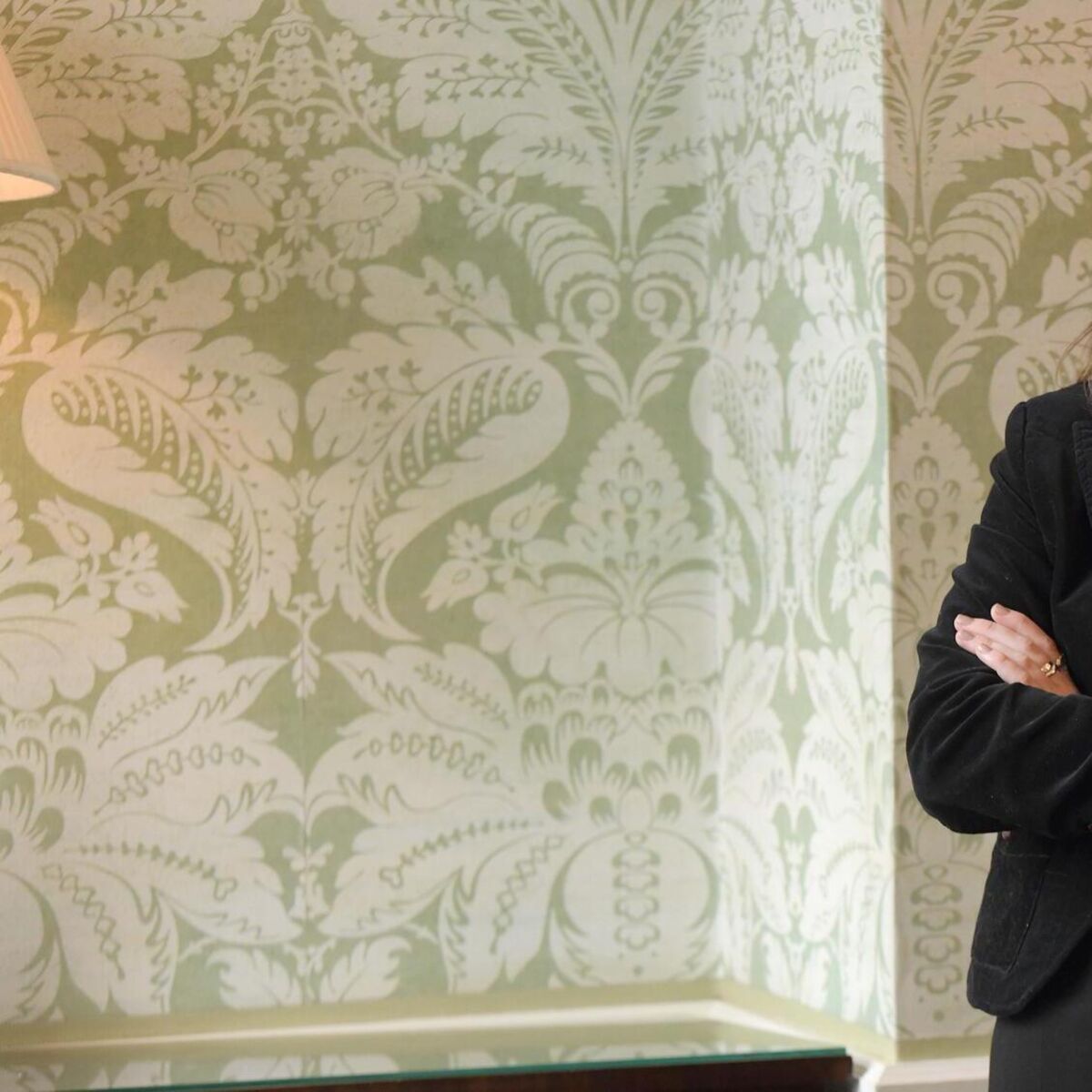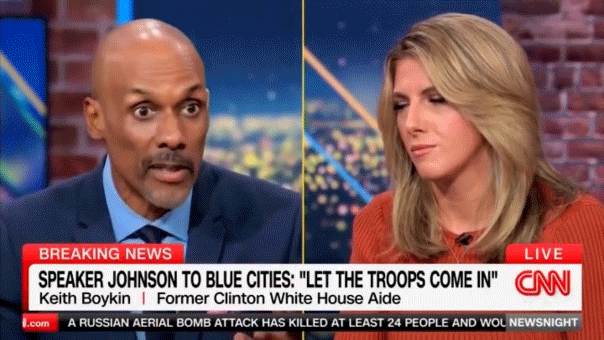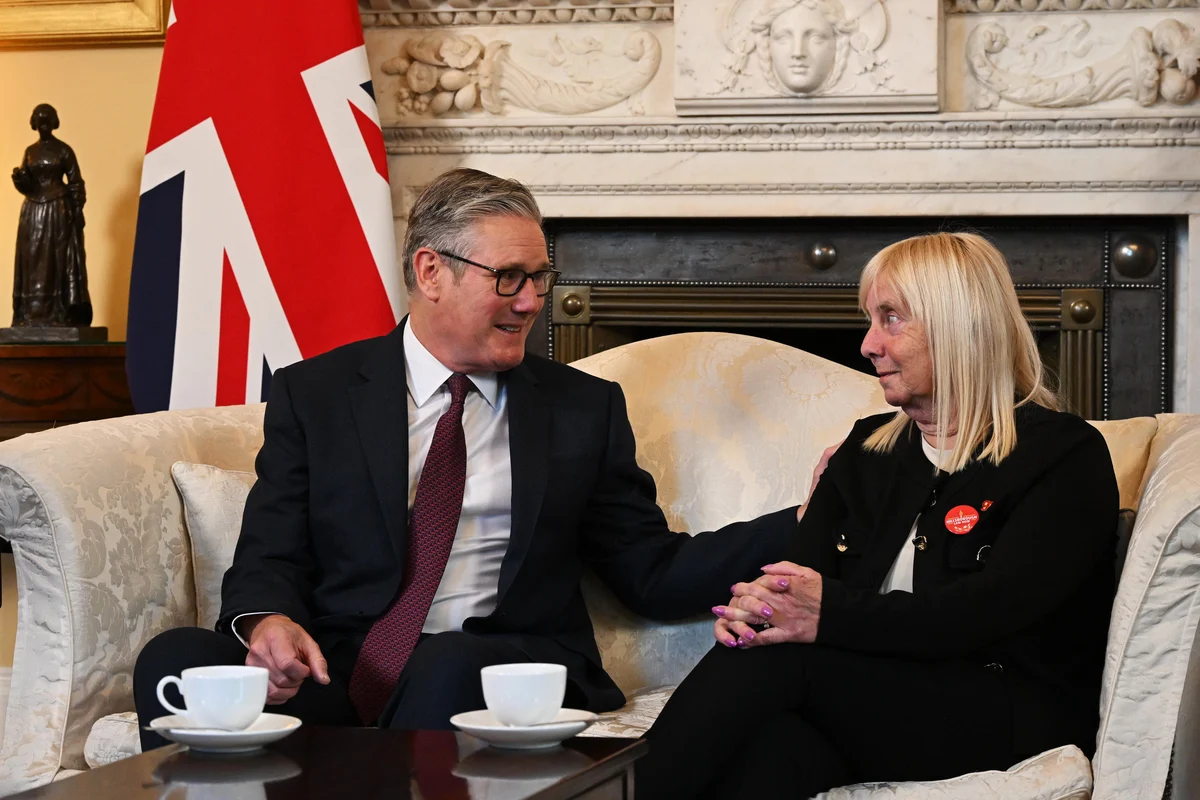Diary of a Gen Z Student: Science can help with life — but the humanities make life worth living
By Irishexaminer.com,Jane Cowan
Copyright irishexaminer

I also grew up in a family that didn’t particularly value the arts. So, while I always loved to write stories, had dreams of writing novels, loved films and theatre, and spent most of my spare time reading, I never saw myself actually doing something with those passions.
By the time I was thinking of filling out a CAO form in secondary school, I had received a firm message that a humanities degree would be a waste of my Leaving Cert points. Why on earth would someone study English literature when they could be doing electronic engineering?
At some point along the way, I decided to admit that I actually wanted to study English literature in college. I thought I’d be disappointing people by pursuing what I actually wanted to study.
And when I told people, I had to deal with that disappointment. I was told I was setting myself up for a career to be embarrassed about.
Because what mattered more than studying something I might enjoy, was how impressive my career would sound to other people. As if your university degree says something intrinsic about you as a person.
I’m not naïve about the fact that we tend to treat university as our route into a career, not so much an opportunity to learn for learning’s sake. And I get that.
It costs money to attend university; you probably want a return on that investment. Sure, those graduating with Stem degrees will earn more than we mere humanities kids at first. We take a little longer to brew.
And if you want to take modules that will directly apply to your career, you might be disappointed by a philosophy degree.
Some of the modules I’ve studied during my English literature degree include old English, victorianism, modernism, contemporary Irish literature, and plenty of other subjects that I probably won’t be asked to discuss in job interviews. But maybe that’s not a bad thing.
Those subjects have allowed me to develop my critical thinking, analysis, communication, and comprehension skills. I put all of those to use every week, as I write this column.
But the importance of the humanities goes so far beyond that. In my view, valuing learning only so far as it applies to a career and monetary gain is harmful and myopic.
Are we really going to believe that we should only educate ourselves, for the sake of the economy?
People love to churn out jokes about the humanities students getting a useless degree in literature or history so they can spend the rest of their days pontificating.
But I think we could all do with a reminder about the learning that is really happening when you dissect The Wasteland by TS Eliot, published following the First World War. When you wonder why the word ‘nothing’ is used 10 times.
When the speaker describes the desolation caused by the war, knowing only ‘a heap of broken images’.
Or the understanding of narrativisation and power you gain from reading Wide Sargasso Sea, as Jean Rhys gives a voice to the voiceless ‘mad woman in the attic’ described in Jane Eyre, by Charlotte Brontë.
The Country Girls by Edna O’Brien, published in 1960, describes oppressive structures of power that permeated everyone’s lives at that time, in this country.
The truth in her words caused the novel to be censored in Ireland. Now, it is lauded as a monument of defiance against the oppressive society O’Brien knew too well.
There is an important contribution made to society by writers, critics, theorists and thinkers. Those people are produced by the humanities.
Currently, it feels difficult to overstate how much we should value having citizens who are highly educated in history, sociology, politics, gender theory, and everything else the humanities have to offer.
Looking at what is taking place across the globe — genocide in Gaza, culture warriors dominating our social media feeds and shaping political discourse, nationalist marches garnering massive support, people that appeal to the very worst of humanity rising to power — we can see the desperate need for the humanities.
We need to be able to communicate science, discuss statistics, describe what is taking place around the world, and articulate our lives.
We must be able to both analyse and criticise the world in which we live.
Science can do a lot, but it can’t do that without the humanities.



